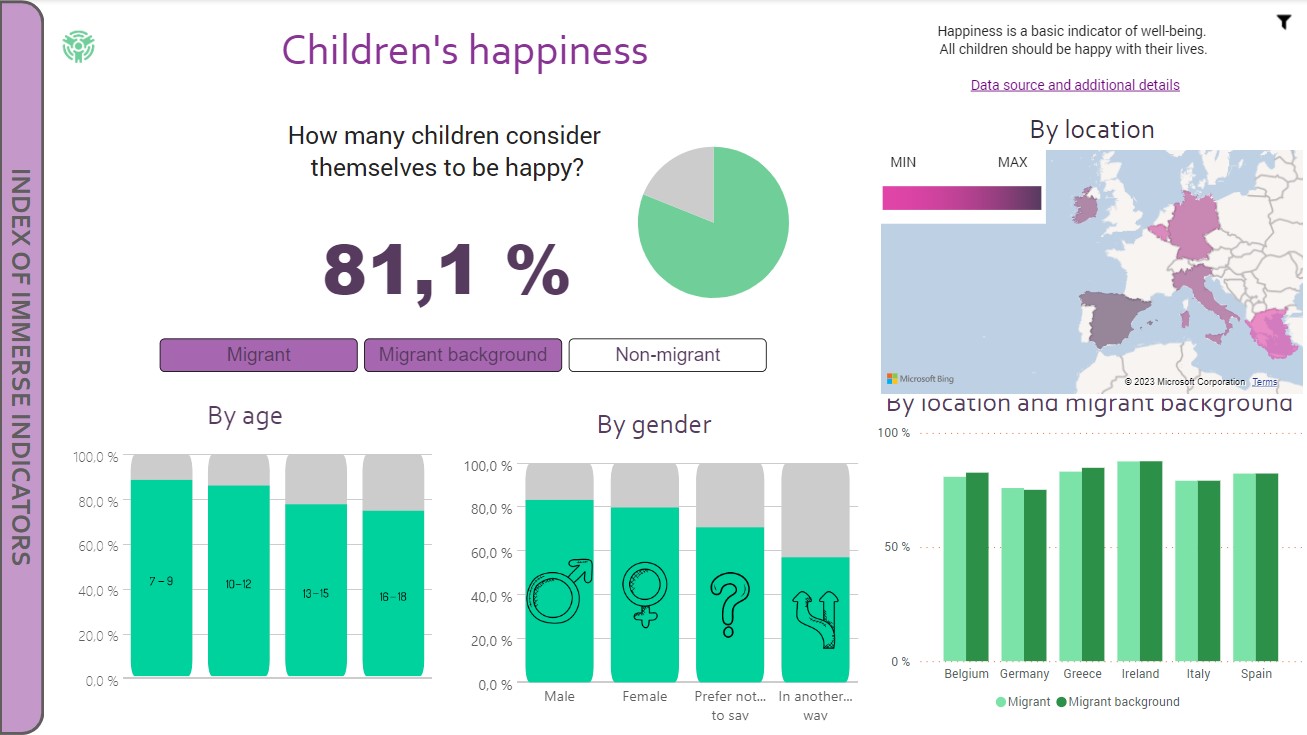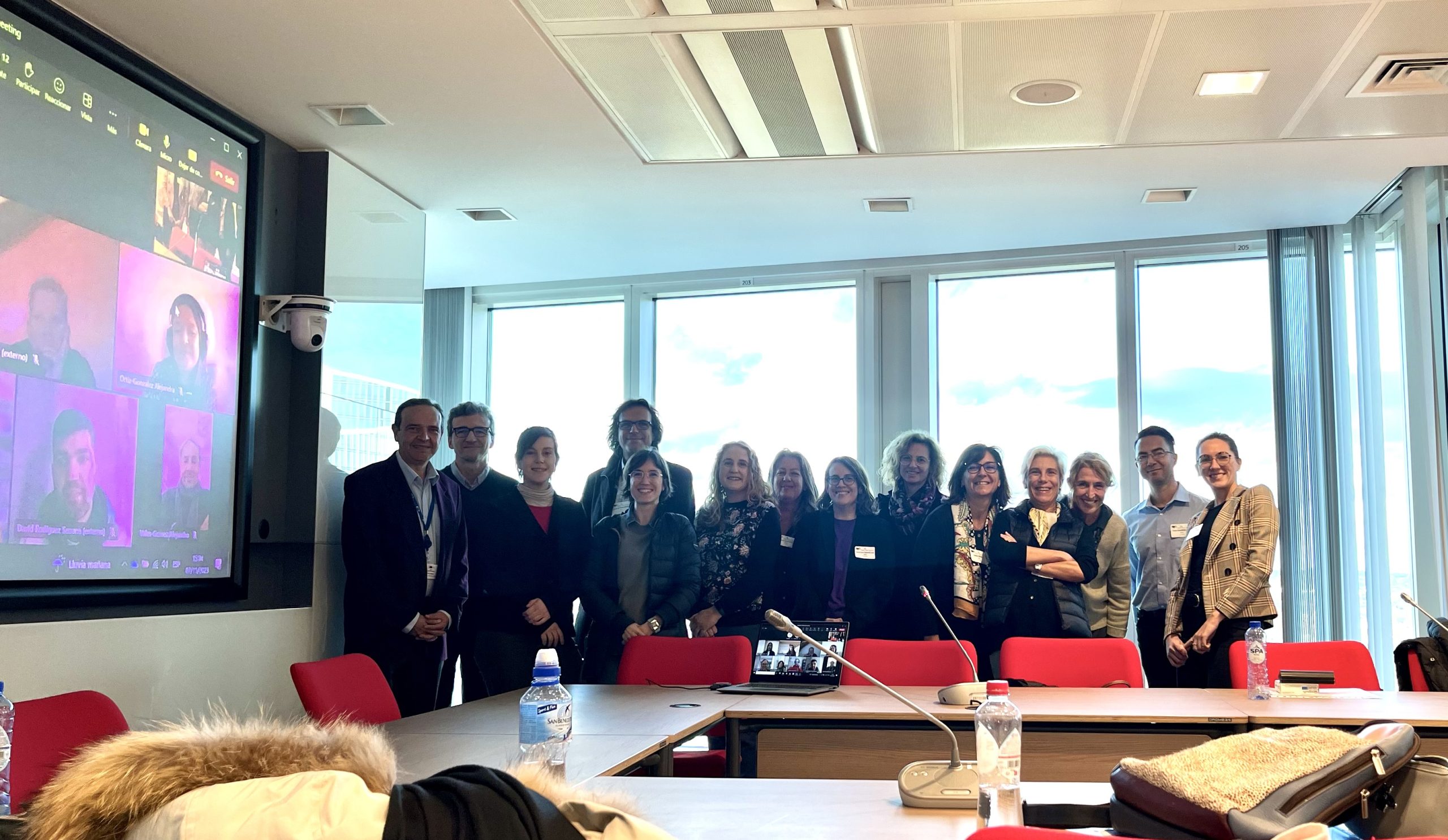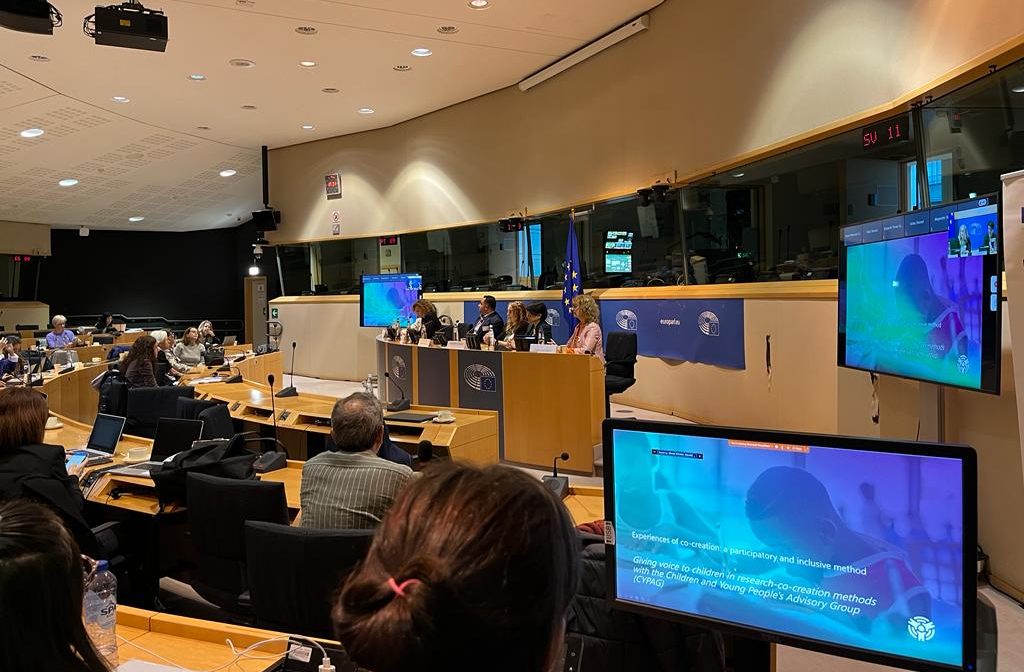Description
The project’s main objective was to understand social unrests of migrant children and families derived from transnational migration, taking into account both internal and external factors. Furthermore, the research aimed to develop and test a complex and integrated model of taking charge: complex because it wanted to act on multiple factors, at many levels with different interventions; integrated because it wanted to bring together and coordinate all participants of the taking charge (children, parents, community, citizenship, health and social services, teachers and third sector operators). Through a PAR methodology (Participatory Action Research) and qualitative and quantitative methodologies, the research brought out some characteristic aspects of the onset of this unrest in children, like prolonged detachment of children from parents, economic instability, precarious housing situations, lack of parental awareness and parental tools. The project was implemented from 2018 to 2021 in schools, institutions, and communities (Chinese above all) in the cities of Prato and Ravenna. Academics connections with Almeria University and teachers from primary and secondary grade were established. The project received EU funds, Governmental funds, as well as financial support from third sector and local authorities.
- Access to compulsory education
- Access to health care
- Children complete compulsory education
- Children maintain their cultural identity while adopting new cultural values and intercultural competences
- Children remain in (formal) education beyond compulsory levels / Access to (formal) non-compulsory education
- Children's competence in host language
- Children's life satisfaction / happiness
- Children's sense of belonging
- Friends and peers (bridges)
- Friends and peers (support)
- Institutions
- Teachers
Evaluation ex post
All actions were proposed, monitored and evaluated by a multidisciplinary team of specialists. The data gathered have been analysed by researchers and used to remodel the actions according to contextual needs.
An evaluation ex post has been realized and it showed important improvement in all the actions which had been carried out. The best results were: deep understanding of the social phenomena, as of life and needs of the families, diminution of the social unrest of the children, improvement of parenthood tools and strengthen of relations between parents, schools, institutions and third sector. Actions regarding work and housing were weakened by the pandemic situation but they showed good results on awareness. Important results have been carried out also towards an integrated model of take in charge and innovative actions in the 5 areas of intervention.
Projects’ deliverables
In the website of the project it is possible to find many deliverables of the projects and all the tools which have been developed and used (both for research side and intervention side). It has been realized a monographic number in an Italian specialised journal (see link below) and an article is going to be published on the journal "Italiano Linguadue".
https://www.sestanteedizioni.com/pdf/ElleDue_n6-2021_link.pdf
Reproducibility
Every part of the project has been built thinking of sustainability and reproducibility. The project itself can be reproduced (we worked on making every step clear and shareable). A double model has been realized: one for the PAR model and one for the operative model. Every action's effectiveness and its reproducibility has been evaluated and we have elaborated suggestions of best practices in every area.
Motivation for the submission
Familia project has been built to create understanding and cohesion through innovation as for share acquired knowledge and expertise. Familia has built indicators and tools that can be useful only if shared and this could be the starting point for new research initiatives and actions.



